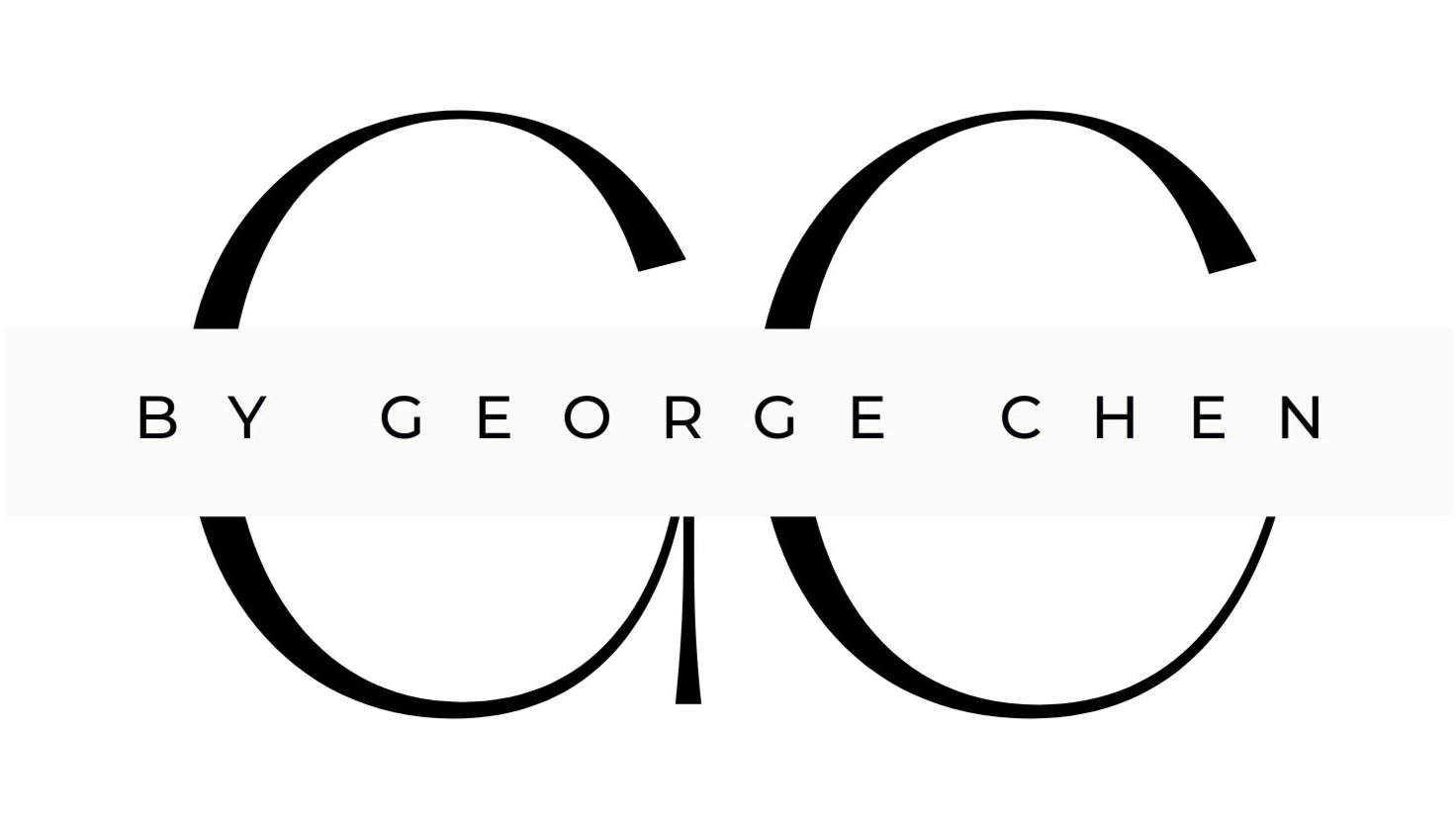Hong Kong: As seen in an old lens
Camera: Nikon F4
Lens: Nippon Kogaku Japan Nikon 50mm f/1.4 non-AI manual focus
Film: Kodak ColorPlus 200
Before Nikon became Nikon, it was originally known as Nippon Kogaku (日本光学工業株式会社 "Japan Optical Industries Co., Ltd."), founded on July 25, 1917. It was only until 1988 when the company was officially renamed as Nikon Corporation after its popular camera brand Nikon.
Nikon invented the very first 50mm f/1.4 lens after the World War II. NIKKOR-S Auto 50mm f/1.4 (Ai modified) was first manufactured in 1962 and soon became one of the most classic lenses in the history of Nikon. According to some reviewers, this particular 50mm lens used to be the “standard” for professional photo journalists.
I was introduced by a friend to this lens. Initially I was not very impressed partly due to its age — this lens is far older than me; when Nikon invented this lens, the company was not even known as Nikon and I was not born yet, not to mention this was way before the era of auto focus for film photography.
Isn’t it amazing sometimes you just happen to meet someone and know something and this “something” becomes part of your life journey? I decided to buy this lens and gave it a try for my Nikon F4. I brought it to the office recently and shot some city views in the Taikoo Shing area on the eastern side of Hong Kong Island.
I have to say those classic Ai lenses really challenge a photographer’s experience and judgment. Everything is manual and you only get one chance to click and seize the moment when you shoot film. I’m not a big fan of tripod for camera, hence shooting film is also constantly a challenge for your very “stable hands” to hold the camera tight. To that point, maybe having a heavy camera like F4 is not a bad idea.
When I got the photos eventually from the dark room, the image quality did surprise me. After more than half a century, we can still get some nice views of today’s Hong Kong, thanks to this old 50mm lens. The color and light as a result somehow give you a more realistic sense of the world in comparison with shooting on iPhone, for example, when everything around you looks more shining and sharp, perhaps unnaturally sharp.
Life is amazing and time is always the best judge.




